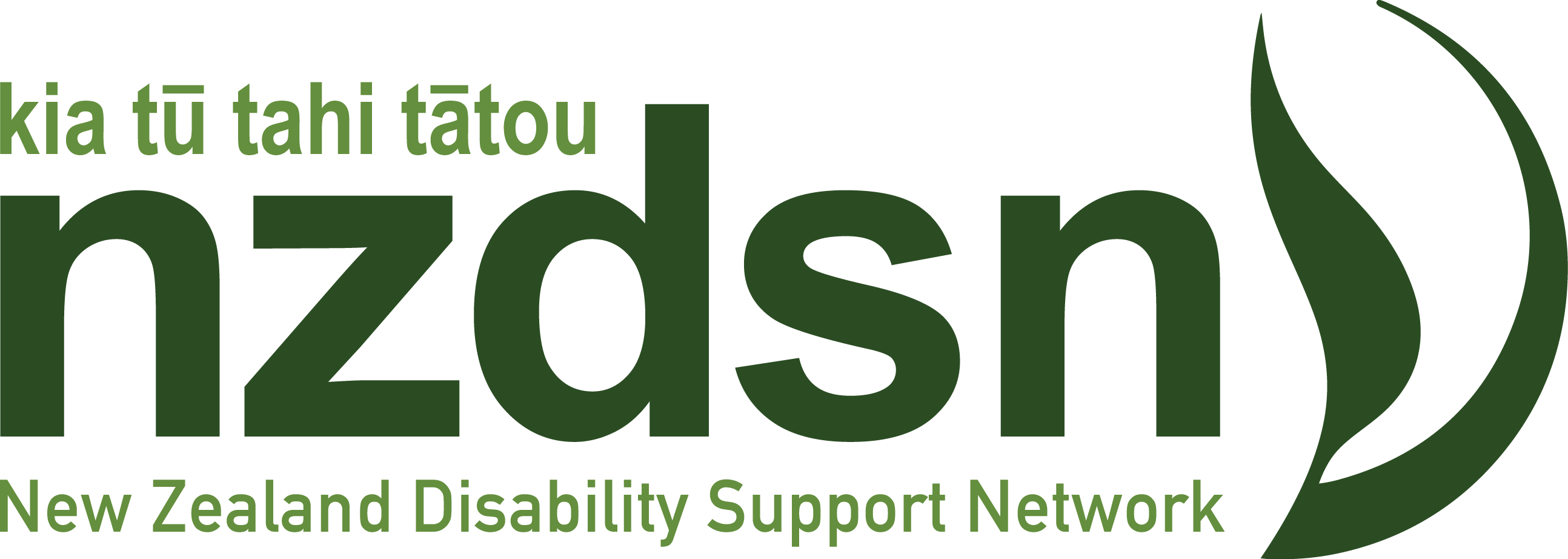I attended an intriguing Whaikaha-led online meeting for all providers on Monday afternoon. I learnt about the meeting third-hand from one of our members, for which I am grateful for the heads-up. The meeting was attended by over 350 provider representatives.
Much of the meeting was a repeat of things we already know. The Independent Review Report is now out and available on the Ministry’s website. The report details six main findings and makes seven key recommendations. Each of the recommendations was summarised.
I guess if you didn’t already know about the report, its findings and recommendations, then the meeting would have been useful. The meeting was a delivery of information, not a discussion. No questions were taken. The chat function had been turned off.
Nevertheless, there were some little gems in the presentation worth noting. Overall, there was a lack of commentary on any impact, good or bad, on providers or on disabled people. Although Ministry officials did clearly state that if providers became aware of any risks or unintended consequences from the changes, the Ministry wants to know ASAP. Apparently, there is a special e-mail address coming shortly.
If providers’ viability was impacted by the funding freeze or the other recommendations, the Ministry is keen to understand this and provide “support”. They did make it clear that there was no further funding available, so I guess that the support will be moral only – sort of like holding your hand while you walk to the gallows!
An interesting observation was made by officials that if providers in the disability support sector were considering consolidation in some form with other providers – joining services together to share costs, or even merge, then while this may be a good idea for some, strong warnings were given about the risk to disabled people, their need for continuity of service, obligations under contracts, the UN Convention and so on. Why officials would seek to frame consolidation opportunities so negatively seems strange. They could have observed that some providers might find this attractive, but that planning and due diligence were essential to making it work, and that the Ministry would be willing to offer advice where and when asked. They could have done that. But didn’t.
The officials did repeat their earlier offer to meet with provider groups around the country to spread the word and answer questions – and there are plenty of those, particularly now that the NASC policy manual is out there laying bare the extent of the cuts in the way services are to be delivered, from now on. I encourage you to make use of this invitation. Certainly, NZDSN will be seeking Whaikaha involvement in regional network meetings around the country for that purpose.
One final observation is that the officials did look crest-fallen. For better of for worse, many have put their heart and soul into the creation of Whaikaha. To then see it gutted like this must be very disheartening, and it showed. It did seem a little like they were reading from a script, sort of like a eulogy.
Be warned, this is going to get worse before it gets better.
Peter Reynolds,
NZDSN
